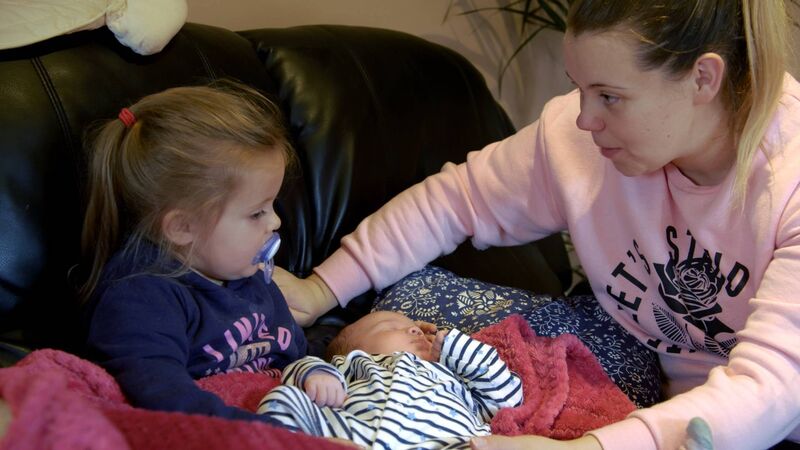Making Babies: Turas Clainne follows the journey to parenthood

Prisscilla de Burca: "I’d never heard of a doula so I had no high expectations"
Turas Clainne, a new four-part series that follows the journey to parenthood and explores the many issues parents can encounter on this complex journey, has just started on TG4. It features seven families sharing intimate experiences around fertility struggles, surrogacy, miscarriage, and post-natal depression (PND).











